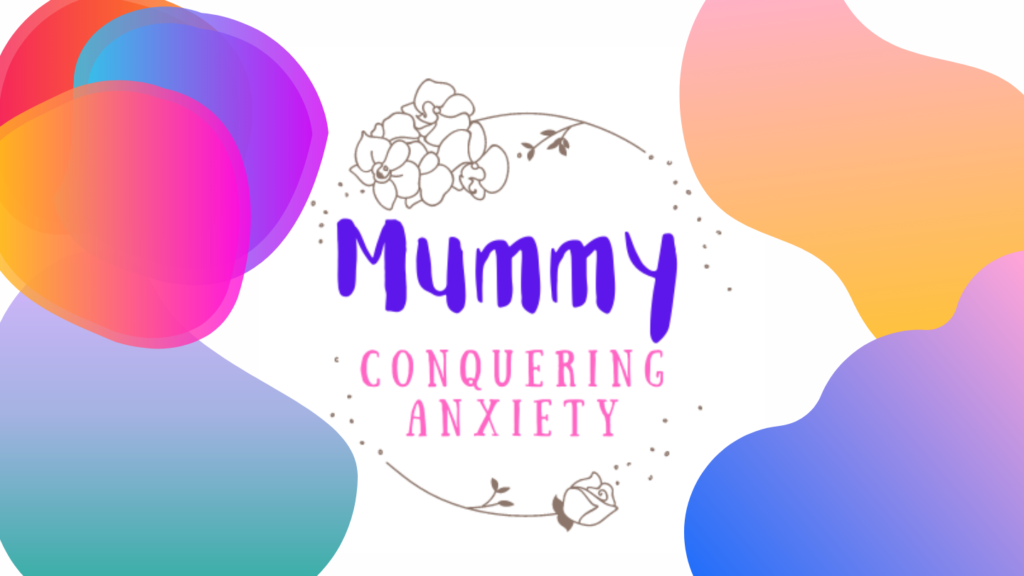I have a great guest post for you today. From Workingthedoors.co.uk.
I am happy to support any message about mental health, whatever industry that may be in. None of us are immune to the impact of mental health problems. And it’s all about raising awareness.
Introduction
It’s no surprise that working in the security industry can be demanding and at times dangerous. But few of us realize just how deep an impact it has on the mental health of those who take this job on, especially men.
Recent surveys have revealed a concerning level of depression among workers in this sector, as well as alarming trends in violence against employees. In this article, we will explore these issues and potential solutions to improve overall well-being in the security industry.

Violence in the Security Industry
A recent survey from WorkingtheDoors.co.uk found that 51% are verbally abused every time they work, with 98% of incidents occurring in nightclubs and bars.
Alongside this, 24% of workers also reported experiencing physical and verbal violence at least once a week. These statistics highlight the dangerous environment in which many people are required to work, and the toll it can take on their mental health.
Male Depression in the Security Industry
Not only is there an alarming level of violence in the security industry, but also a concerning level of depression among male workers.
A report from WorkingtheDoors.co.uk found that 57% say that an incident has affected their mental state more than 24 hours after the event, with almost half of those sympathizing that an incident has been severely traumatic. This highlights the serious mental health issues that can arise from this job, and the lack of access to resources to help with it.
Causes of Depression in the Security Industry
The causes of depression in security workers are complex, but there are a number of potential factors contributing to it.
These include long hours and low pay; lack of support from employers; poor working conditions and lack of job security; exposure to high levels of violence or trauma, and the stigma attached to talking about mental health issues.
Managing Depression in the Security Industry
Given the serious implications of depression for security workers, it’s important to look at ways to manage this issue and improve overall well-being in this sector. Employers can help by providing better working conditions, a secure job contract, and access to mental health services.
Additionally, having clear policies on anti-violence, training on how to respond when an incident occurs, and a supportive workplace culture can all help to reduce the risk of depression.
Ways to Combat Depression
Get more exercise
Exercising more can help to reduce the symptoms of depression, and it’s particularly important for security workers who may be struggling with long hours and stress. Taking regular breaks from work and getting at least 30 minutes of exercise a day can make a big difference.
Get more sleep
Lack of sleep can exacerbate depression and anxiety, so it’s important for security workers to make sure they get enough rest. This means making sure you have a relaxing bedtime routine, avoiding stimulants such as caffeine late at night and trying to stick to a consistent sleep pattern.
Seek professional help
It’s also important to seek professional help if you or someone you know is struggling with depression. Speak to your doctor or a mental health professional who can provide advice and support, as well as access to therapy and medication if necessary.
Identify your stressors
Depression can be triggered by a range of stressors, so it’s important to identify what these are in order to manage them. This could mean looking at the environment you work in and making changes to reduce your exposure to violence or trauma; challenging stigmas around mental health issues; taking steps to improve working conditions; or talking about your feelings with a friend or family member.
Conclusion
The security industry is an important but often overlooked sector and one in which workers face daily challenges to their mental health.
By acknowledging the issues of violence and depression among those in this field, employers can take steps to improve overall well-being by providing better working conditions, access to mental health services and a supportive workplace culture. With these measures in place, security workers can feel better equipped to manage their mental well-being and take steps towards a healthier future.





